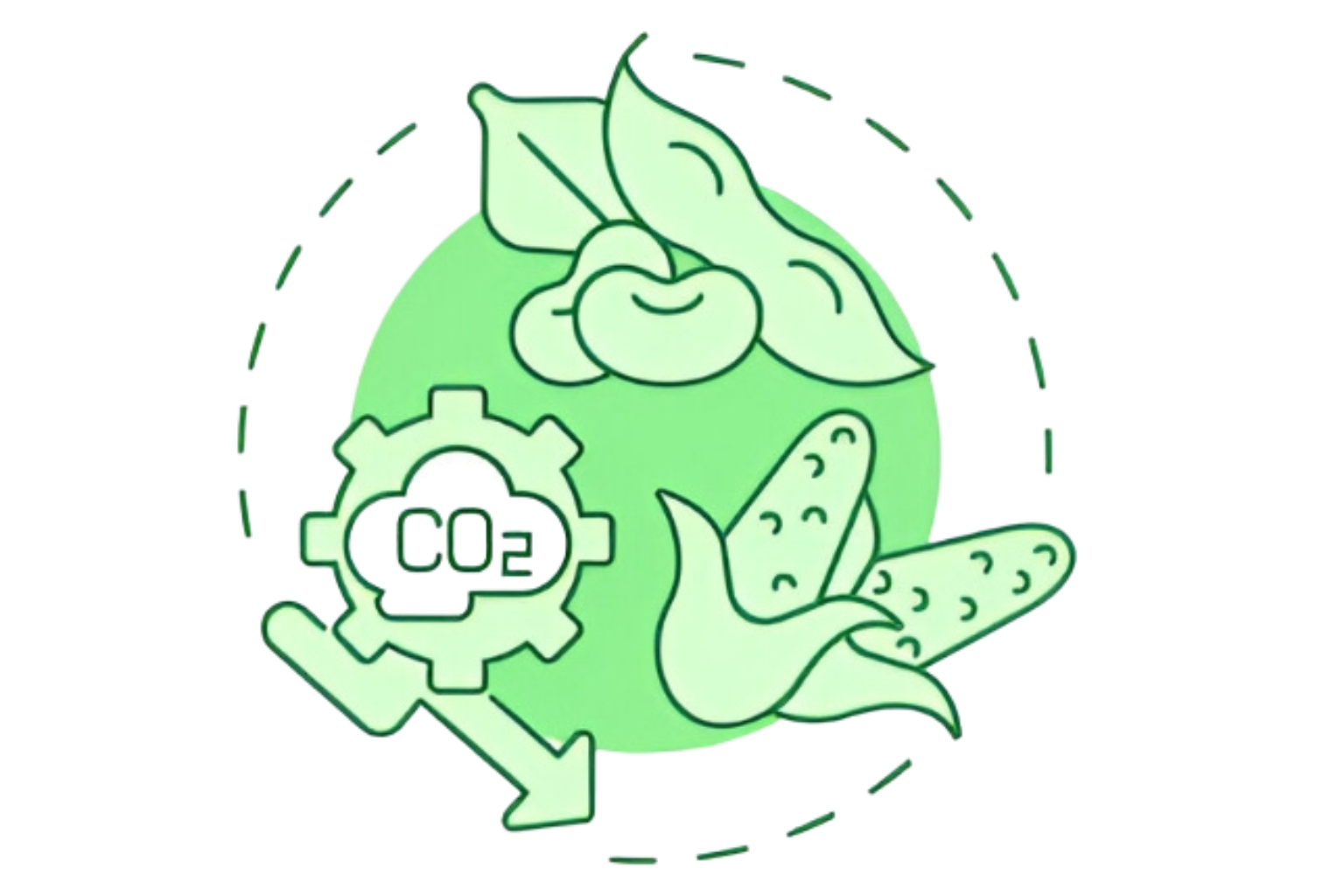Nutrition is a trending topic in contemporary times. You see videos, reels, and content related to diet and nutrition on a daily basis. Hence, in my first blog I am giving a basic introduction to nutrition.
Let’s assume you have tried everything to become healthy. Keto diet, Intermittent fasting, Paleo Diet, Gluten free, Detox diets. This can also entail the consultation by various dietitians who give crash diets including your favorite junk alternatively, and a thousand other ways. The result is ‘temporary’.
Llet me give you a simple hack, how about ‘OLD IS GOLD’?
Back to Balanced Diet!
What does a balanced diet mean? In simple terms, providing our organ systems what they want. Now let’s think logically, can we think of any other alternative to this? Our organ systems are not a two year old who wants scissors to cut your bedsheet. It is an efficient system which needs nutrients to function properly.
Any other diet is going to be deficient in some or the other nutrient. Long term use of such diets causes deficiencies.
You know why diseases occur? Disease always happens due to some or the other nutrient deficiency or excess. People would argue, infections happen due to microorganisms not nutrients. I would argue, if the immune system is strong we can avoid maximum infections. Immune system requires nutrients to function. Now join the dots.
Other than Balanced Diet
Scientists will also argue, physical activity, sleep, circadian rhythm, stress also have a major role to play.
Actually all these will cause some or the other kind of nutrient deficiency or excess in our system.
For example, if physical activity is low, blood circulation suffers. Now blood is the transport system of our body, hence the nutrients would not reach where they are supposed to reach. Hence, it eventually causes deficiency. Surprisingly, deficiency might not be in our consumption but execution.
To keep our diet balanced, we need to incorporate a healthy lifestyle too. Action of one defines the other.
How to include Balanced diet?
Indian Council of Medical Research, National Institute of Nutrition has answered this question in a simple picture.
This is a pie chart showing the distribution of a balanced diet. The proportions will provide all essential nutrients for proper functioning of our organ systems.
The kilocalorie requirements are different for each one of us. If you have any chronic problem like obesity, diabetes, hypertension, gastro disease, I would recommend you to meet a qualified dietitian so that they can define a balanced diet for you.
For all others, let me give a simple hack. Notice a toddler eating her/ his meal. Even if they like the meal a lot, find it tasty and palatable, at some point they just refuse to eat. If they are force fed, they will throw the food or spit it. No one can make them eat any further.
This happens as we were born with a sense of hunger, and a set of hormones, Leptin and Ghrehlin. These help us to know when we are truly hungry and when we have eaten enough. So,
- Your stomach will tell you where to stop. Regular overfeeding overpowers the sense of stomach.
- Late sleep schedule, or sleep deprivation will cause the hormones to get disturbed and we lose the sense which helps us to understand true hunger.
In such a case, again you require to meet a dietitian and find out the required amount of your portions. Once you regain the sense of portions, maintain them for life.
Qualified Dietitian (CAN go in about us instead of this blog)
Sorry to break this to you, 2-6 month certification doesn’t make anyone a dietitian/ nutritionist. People ask the difference between these terms and I see a lot of myths around them. Let me tell you what we studied:
- Dietetics: Planning diets with calculations
- Nutrition: The Nutrition requirements of all age groups and various physiological conditions, and diseases.
Both subjects are compulsory, because nutrition is the base and based on that knowledge dietetics plans for all. So when it comes to calling a professional, Dietitian and Nutritionist are synonyms.
I have lost weight so I can help you too, is also not a qualification.
One needs to do Bachelors and Masters in Clinical Nutrition or Sports Nutrition or any nutrition related subject of their interests. It is a science degree. It involves studying a combination of the following subjects based on the degree.
- Nutritional Biochemistry
- Human and Pathophysiology
- Human nutrition
- Clinical Nutrition
- Psychology
- Food Science -basically it’s food chemistry
- Food Microbiology
- Dietetics
- Research and Dissertation
- Public Health and Nutrition
- Food technology, and Product development
- Sports nutrition
Any person who hasn’t studied this is not eligible to give diet plans. It might look simple on the face of it, but this base knowledge is important to give correct guidance. Social media has created a crisis of authority in academics, basically in all subjects.
Like doctors, we also work under senior dietitians and mentors for years to gain experience. I have 7 years of hospital experience after which I was confident enough to start my online clinic and since then have been guiding all my clients to good health.


